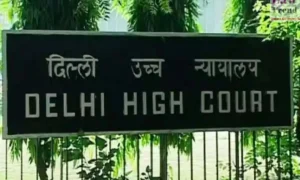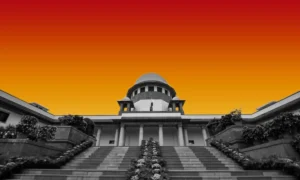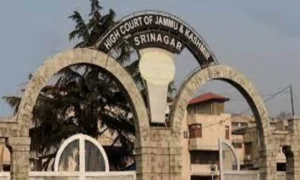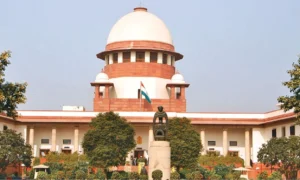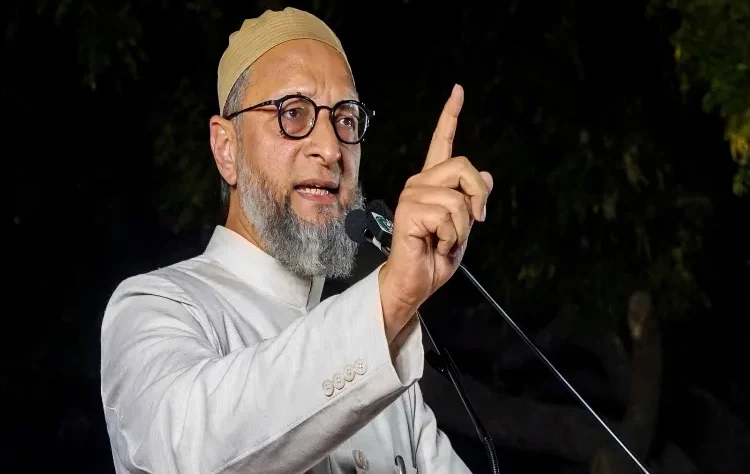
All India Majlis-e-Ittehadul Muslimeen chief Asaduddin Owaisi’s plea seeking extension of the deadline for registering Waqf properties on the UMEED portal will be listed, the Supreme Court said, with Chief Justice of India BR Gavai noting that listing doesn’t amount to granting the desired relaxation.
Advocate Nizam Pasha, representing Owaisi, informed the bench of CJI Gavai and Justice Vinod Chandran that, although the June notification allowed six months, five months had already passed during the judgment’s consideration, leaving only one month remaining.
Solicitor General Tushar Mehta suggested that the other side should be notified. Pasha noted that much of the requested time had already been consumed in waiting.
On September 15, the Supreme Court declined to stay the Waqf (Amendment) Act, 2025, in its entirety. CJI Gavai remarked, “The presumption is always in favour of the constitutionality of the statute. While the entire Act is being challenged, we have examined the prima facie challenges to each section and determined that a case for staying the statute has not been presented.” However, he noted that certain provisions would need to be stayed until the relevant rules are established by the Central Government.
Earlier this year in May, the Supreme Court had reserved its ruling regarding interim relief in a series of petitions questioning the constitutional validity of the Waqf (Amendment) Act, 2025. This Act, among other changes, eliminates the concept of “waqf by user” and imposes significant reforms on the registration and classification of waqf properties nationwide. Solicitor General Mehta informed the court that three days of hearings revealed no evident unconstitutionality, cautioning that mere legal arguments or hypothetical scenarios do not warrant halting the implementation of a law that has been duly enacted by Parliament. Following this, the Centre completed its submissions.
The All India Muslim Personal Law Board contended that the recent changes in the Waqf (Amendment) Act, 2025, violate fundamental rights and were enacted through a flawed parliamentary process. They argued that the Respondents’ claim that the amendments do not impact essential religious practices lacks legal foundation, stating that forcing the Petitioners to undergo the “Essential Religious Practices” (ERP) test is not only constitutionally inappropriate but also disregards the development of Indian constitutional jurisprudence.
📰 Crime Today News is proudly sponsored by DRYFRUIT & CO – A Brand by eFabby Global LLC
Design & Developed by Yes Mom Hosting


